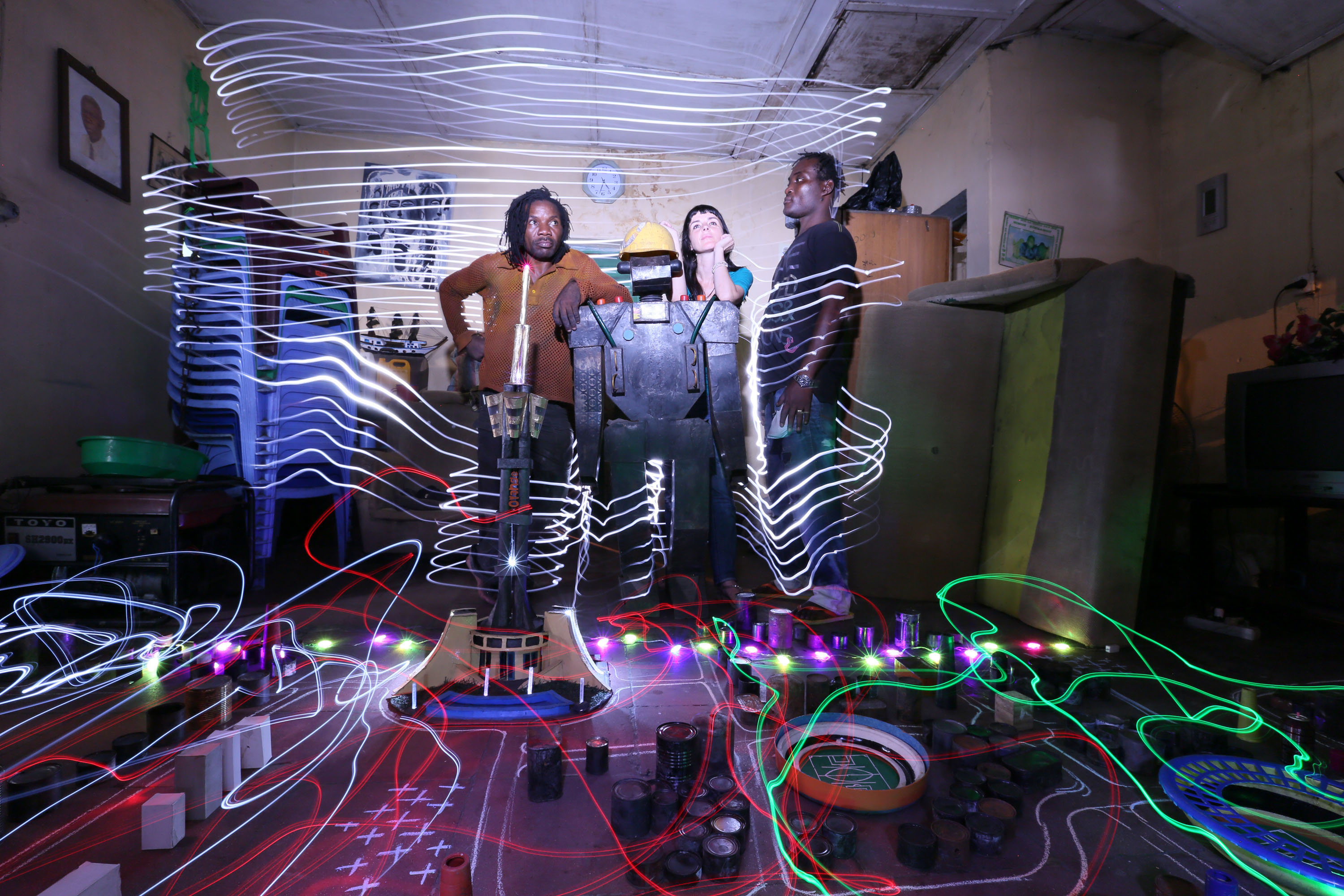« Paul Robeson et ses tentatives de redéfinir l’universel (1920-1960) »
This seminar proposes to reflect on the driving roles of artistic forms, practices and knowledge in the development and circulation of political structures, movements, ideologies and imaginations on the African continent and in its diasporas. Our work will focus on the visual and performing arts in the broadest sense of the term (dance, theatre, visual arts, photography, cinema, music, literature, digital arts...) and will be part of a critical and transdisciplinary approach. Anthropology, history, art history, political science, visual and material cultures, colonial, postcolonial, decolonial and diasporic studies of Africa... will rub shoulders and question each other. The sessions will be structured around presentations by researchers and/or practitioners - artists, cultural actors, activists. Diverse and reflecting a wide range of points of view, the work and approaches presented will have in common that working (on) the intersections between art and politics requires a commitment on the basis of which reflection and theorization are required.
Thematic of the 2018-2019 cycle: Future Africa
Future or, better still, future. The future of cities, ecologies, gender constructions; the future of technology and science; violence - political, economic, social; hope; the very notions of the future... Thinking, saying, giving substance to these and other related futures from Africa: these are the tasks that plastic artists set themselves through their practices and thoughts.ne.s, filmmakers, performers and writers, philosophers and researchers, curators and cultural activists who will be participating in the seminar in 2018-2019. Committed, indocilious, even radical, the proposals they develop undermine apriori and doxas.
Sarah Frioux-Salgas studied African History in Paris 1. She was an exhibition assistant at the Museum of Jewish Art and History (Marc Chagall : Hadassah, 2002, Tim : Être de son temps, 2003). Since 2003, she has been responsible for the archives and documentation of the collections at the media library of the Musée du quai Branly. In May 2007, she collaborated with Édouard Glissant on the Day of Remembrance of Slavery and its Abolition. She curated the exhibition Présence Africaine. A forum, a movement, a network (Musée du quai Branly 2009) and, in a related context, directed issue 10 of Gradhiva magazine, "Présence Africaine. Black conditions: a genealogy of speeches". In 2014, she organized the exhibition L'Atlantique noir by Nancy Cunard. Negro Anthology 1931-1934 (Musée du quai Branly) and published issue 19 of the Gradhiva magazine devoted to this exhibition. In 2016, with Dominique Malaquais and Cédric Vincent, she was curator of Dakar 66. Chronicle of a pan-African festival (Musée du quai Branly) and, in the same institution, collaborated on the exhibition The Color Line, African-American artists and segregation. In 2018, she participated in the edition, at Nouvelles Editions Jean-Michel Place, of Nancy Cunard's facsimile of Negro Anthology (1934) and was the curator of the installation Paul Robeson (1898-1976). A man from the "Everyman" (Musée du quai Branly).

